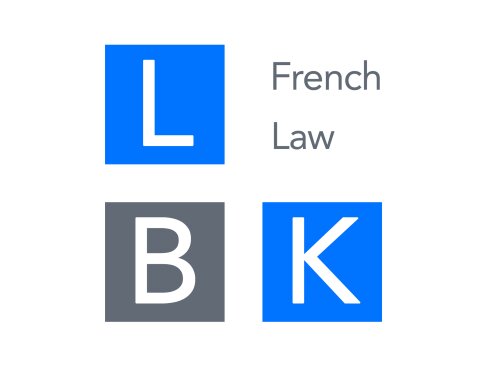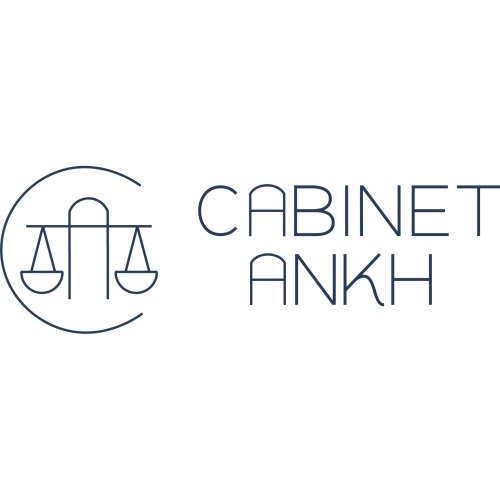Best Dependent Visa Lawyers in Paris
Share your needs with us, get contacted by law firms.
Free. Takes 2 min.
List of the best lawyers in Paris, France
About Dependent Visa Law in Paris, France:
Dependent visa law in Paris, France, allows legal residents and citizens to bring family members to live with them. The family members eligible include spouses, children under the age of 18, and in certain cases, elderly parents. The dependent visa gives the holder the right to live, study, and work in France for the length of its validity.
Why You May Need a Lawyer:
Applying for a dependent visa can be quite a complex process as it involves thorough documentation, visa interviews, and navigating through various processes specified by French immigration law. A lawyer with experience in French immigration law can guide you through this process, helping you understand requirements and ensuring that all paperwork is properly filled out. They can also help you deal with any issues or complications that may arise, increasing the likelihood of your application's success.
Local Laws Overview:
French immigration law dictates that dependent visa applicants must be the immediate family members of a French citizen or legal resident. The sponsor must also prove financial stability and the ability to support the dependent. In the case of spouses, the marriage must be recognized under French law. For children, they must be under 18, unmarried and dependent on the sponsoring parent. The effectiveness of the dependent's visa is intertwined with the status of the sponsor's residence permit.
Frequently Asked Questions:
1. How long does it take to process a Dependent Visa?
The processing time for dependent visas can vary, typically taking a few weeks to several months. It mostly depends on the workload of the immigration office at the time of applying.
2. Can the dependents work with this visa?
Yes, dependents are allowed to work in France with appropriate authorization linked to the validity of the dependent visa.
3. What happens if the dependent turns 18?
When a dependent child turns 18, they can no longer be considered a dependent and must apply for their own residence permit in France.
4. What are the common reasons for visa denial?
Common reasons for denial include incomplete or incorrect applications, lack of financial means, or failure to prove the familial relationship.
5. Can I extend my dependent visa?
Yes, you can extend your dependent visa as long as your sponsor's residence permit continues to be valid.
Additional Resources:
Useful resources for seeking legal advice in the field of Dependent Visa in France include the French Immigration Service, and various non-governmental organizations that specialize in immigration and legal aid. You might also rely on the resources offered by consulates or embassies in France.
Next Steps:
If you need legal assistance with a dependent visa, the first step is to find a reputable immigration lawyer who is experienced with French visa law. Be prepared to provide them with necessary documentation such as your sponsor’s details, proof of relationships, and details of your proposed stay in France. It's essential to communicate openly with your lawyer, so they can guide you effectively throughout the process.
Lawzana helps you find the best lawyers and law firms in Paris through a curated and pre-screened list of qualified legal professionals. Our platform offers rankings and detailed profiles of attorneys and law firms, allowing you to compare based on practice areas, including Dependent Visa, experience, and client feedback.
Each profile includes a description of the firm's areas of practice, client reviews, team members and partners, year of establishment, spoken languages, office locations, contact information, social media presence, and any published articles or resources. Most firms on our platform speak English and are experienced in both local and international legal matters.
Get a quote from top-rated law firms in Paris, France — quickly, securely, and without unnecessary hassle.
Disclaimer:
The information provided on this page is for general informational purposes only and does not constitute legal advice. While we strive to ensure the accuracy and relevance of the content, legal information may change over time, and interpretations of the law can vary. You should always consult with a qualified legal professional for advice specific to your situation.
We disclaim all liability for actions taken or not taken based on the content of this page. If you believe any information is incorrect or outdated, please contact us, and we will review and update it where appropriate.
















